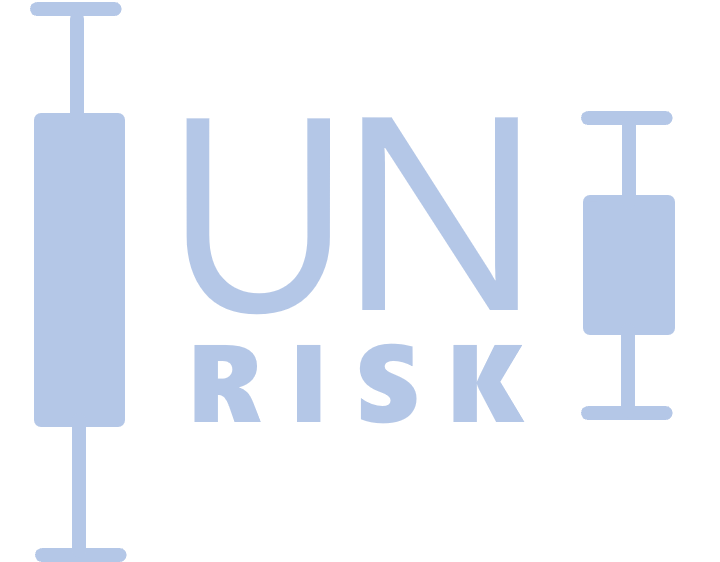Applications for 2025 start have now closed.
The application process for 2026 start will open on 1st October 2025.
To join the mailing list for the announcement of the 2026 process, please contact unrisk@leeds.ac.uk
Every CDT is different, so please read this information before browsing available projects and applying.
Key dates
Applications open
Application deadline
Interview invitations to be sent out
Interviewee open day
Interviews
Offers to be sent out
Application information
You will apply to do a PhD under the supervision of a particular supervisor or supervisory team, and your application will need to define which project(s) you are interested in. Academic staff and partners have outlined important research challenges, some quite specific and others more general. In all cases there is scope for you to shape advertised projects in discussion with potential supervisors during the application process. Some projects already have well defined external partner involvement or CASE support, but for other projects such collaborations could be arranged depending on your interest.
In your application you will specify up to two potential projects. If you are shortlisted for interview we will discuss your interest in these as part of the recruitment process. You therefore need to make contact with at least one supervisor per project of interest. This is for you to check you are really interested (you’re going to spend 3+ years on this topic) and to enable you and the supervisor(s) to more-tightly define the PhD.
We suggest you contact supervisors by email, arrange an online or in-person meeting, then take it from there. It’s fine to contact more than one potential supervisor. The supervisor will want to determine whether you have the background suitable for the PhD that they are willing to supervise. And you will be assessing whether this topic and supervisor fit your ambitions.
It may help your chances if you select more than one potential supervisor, but there’s no point doing this unless you are genuinely interested.
Application materials and guidance
If you have any questions about the application process please email ENV-PGR@leeds.ac.uk.
The University of Leeds manages the CDT. All applicants – whether applying to projects at Leeds, UCL, or Exeter – to UNRISK must therefore complete a University of Leeds online application form (Leeds OLA) as well as an UNRISK-specific form. The Leeds OLA is for administrative purposes, while the UNRISK form will be used by the CDT to assess applications.
It is important to remember that UNRISK may differ from other programmes you are applying to, and guidance for other programmes may not apply for UNRISK.
Structured CV
We do not request a traditional CV. Instead, key information to support your application will be entered in a structured personal statement, which will include the following questions:
- What motivates you to do a PhD? [100 words].
- What attracts you to a PhD in a centre for doctoral training and in UNRISK in particular? [100 words].
- What motivates your first choice of PhD research project and the associated supervisory team? [200 words]
- What skills and experiences have prepared you for PhD research? We are looking for a narrative explaining how your knowledge, understanding, skills and experiences in education, research, work or life have prepared you for UNRISK. [250 words]
Additional, optional questions include:
- What motivates your second choice of PhD research project and the associated supervisory team? [200 words]
- Is there anything that you would like to tell us about your personal circumstances that affect your application? For example, caring responsibilities, bereavement, etc. This information will be used to contextualise the assessment of your application. [100 words]
References
References are not required as part of your application. Our experience is that references are of highly variable quality and usefulness depending on the opportunities and educational background of applicants, especially applicants from under-represented groups.
Applicants for UCL and Exeter projects who are successful at the UNRISK interview must then apply (as an administrative formality) directly to UCL and Exeter. Please note that at this stage you may be asked to provide references, and that different departments may have different requirements.
EDI
UNRISK is ringfencing 5 interview slots in 2025 and is in the process of obtaining approval for a ring-fenced scholarship for UK/Home fees applicants who self-identify as from underrepresented groups within NERC.
You will therefore be asked to define your fee status and if you wish to opt into the ringfencing EDI initiatives. UNRISK has identified the following groups for UK/Home fee status candidates:
- Black, Asian & minority ethnic groups (self-identify)
- Disabled people (self-identify)
- Those from a disadvantaged socio-economic background (self-identify, fulfil any of the four sub-criteria. Criteria based on the 2021 Social Mobility Commission Socio-economic diversity and inclusion Employers toolkit and recently updated government guidance.




